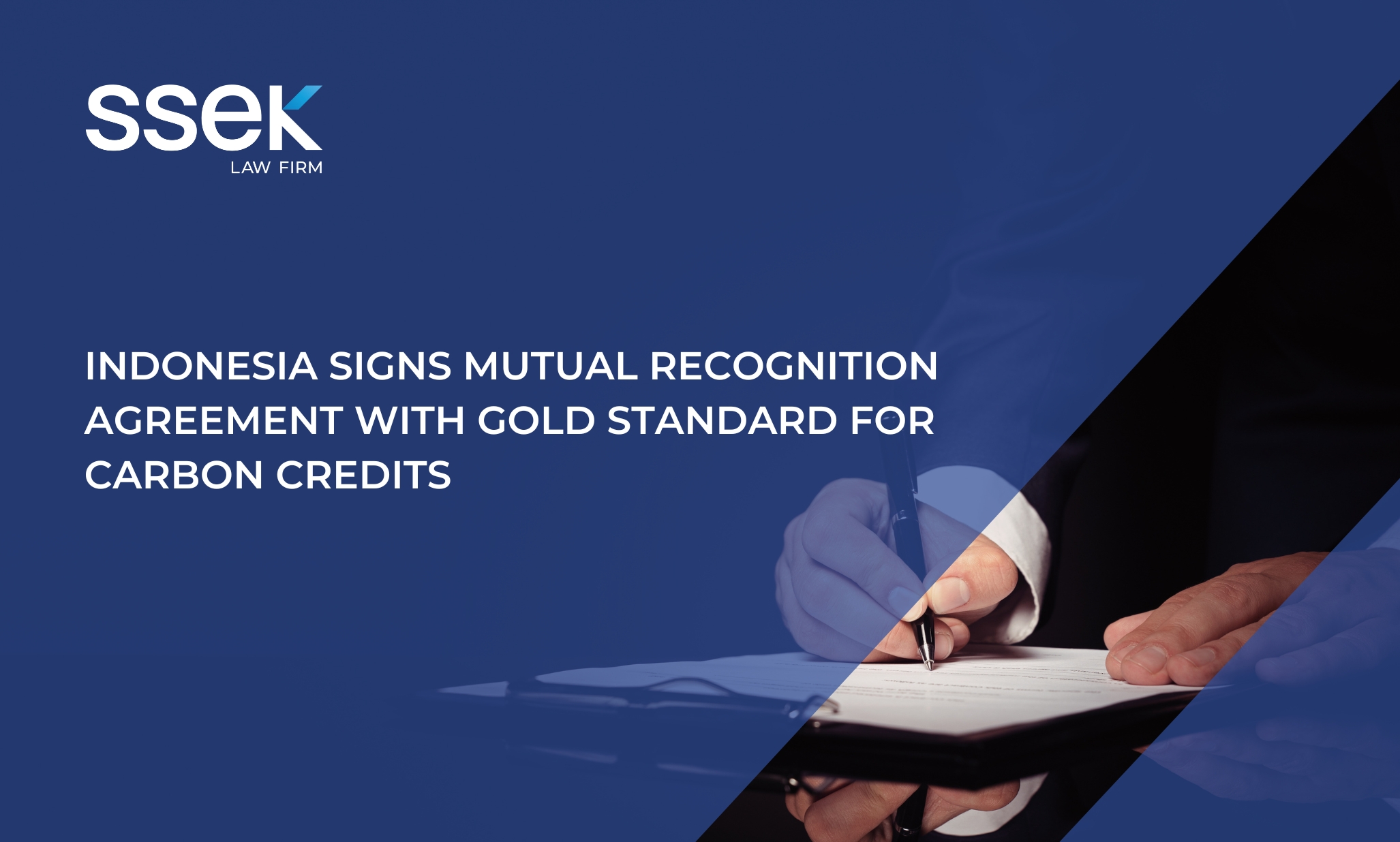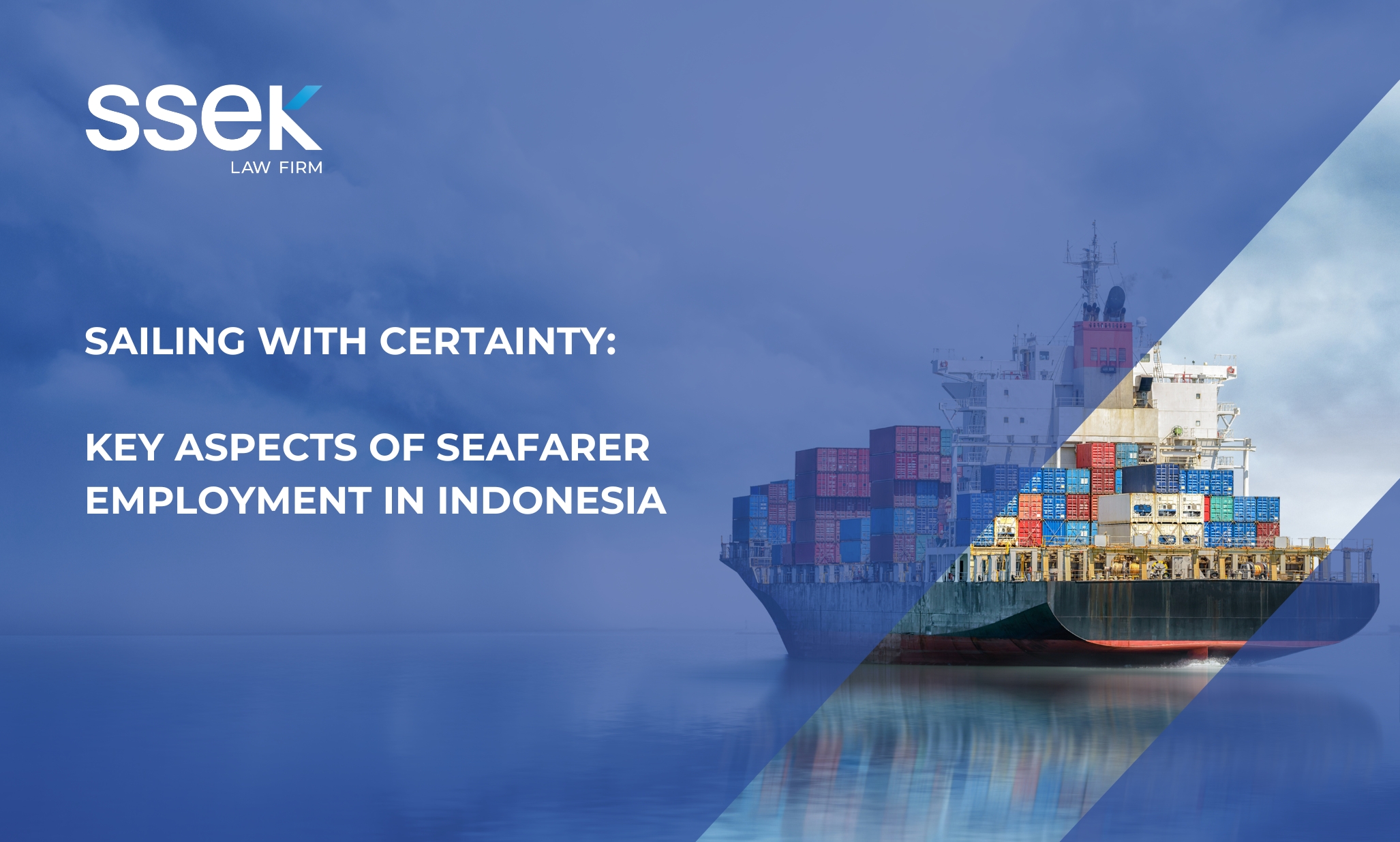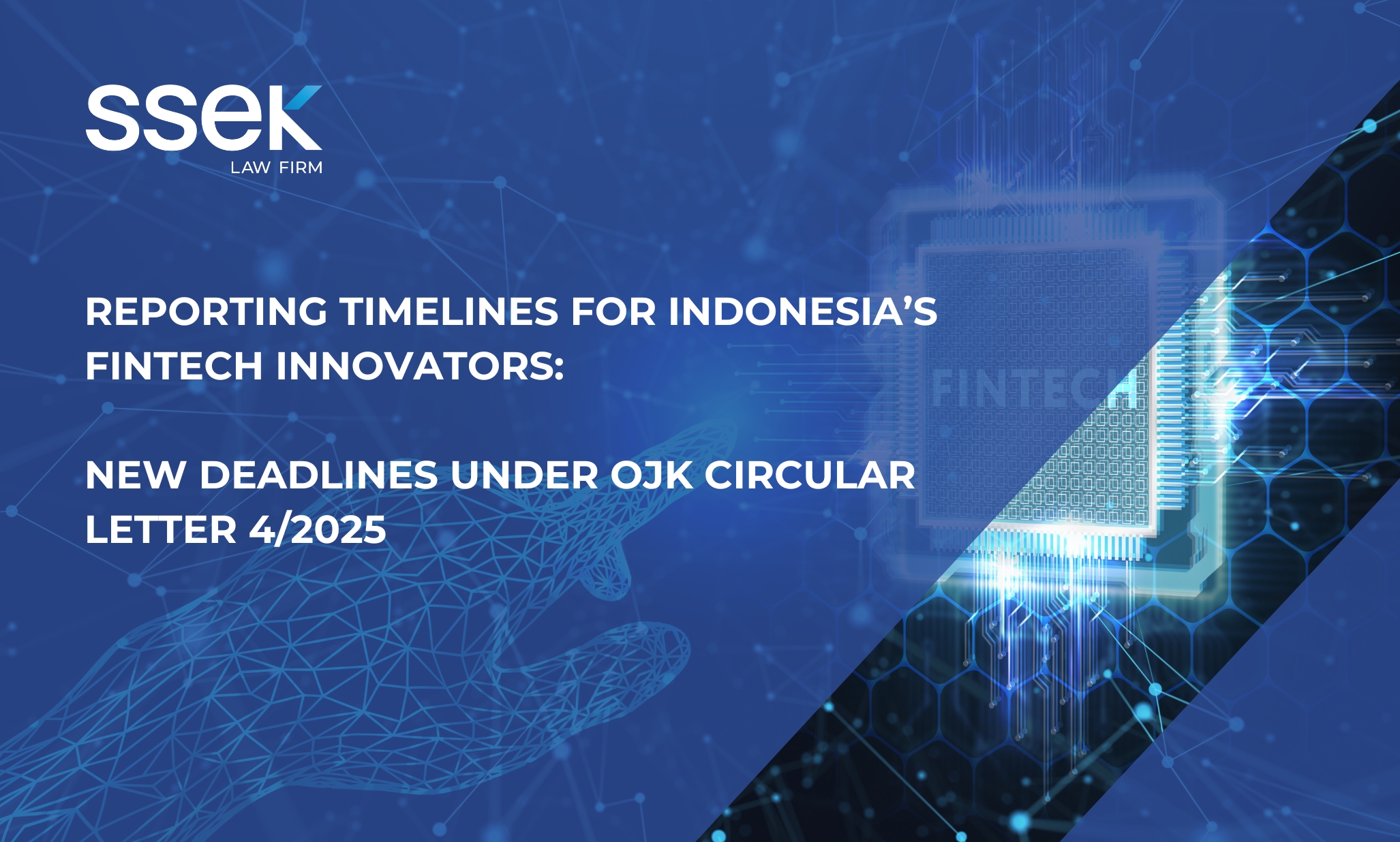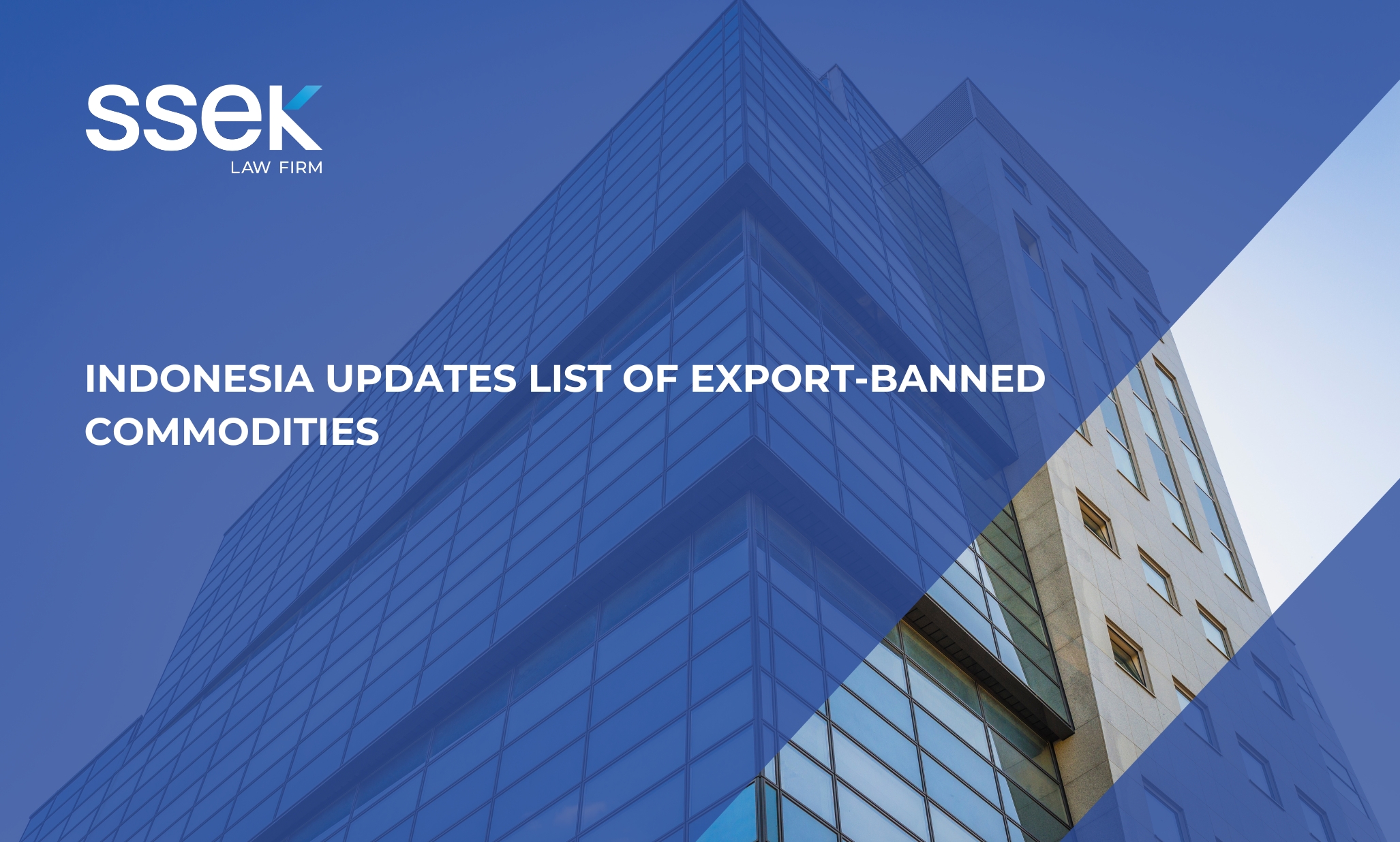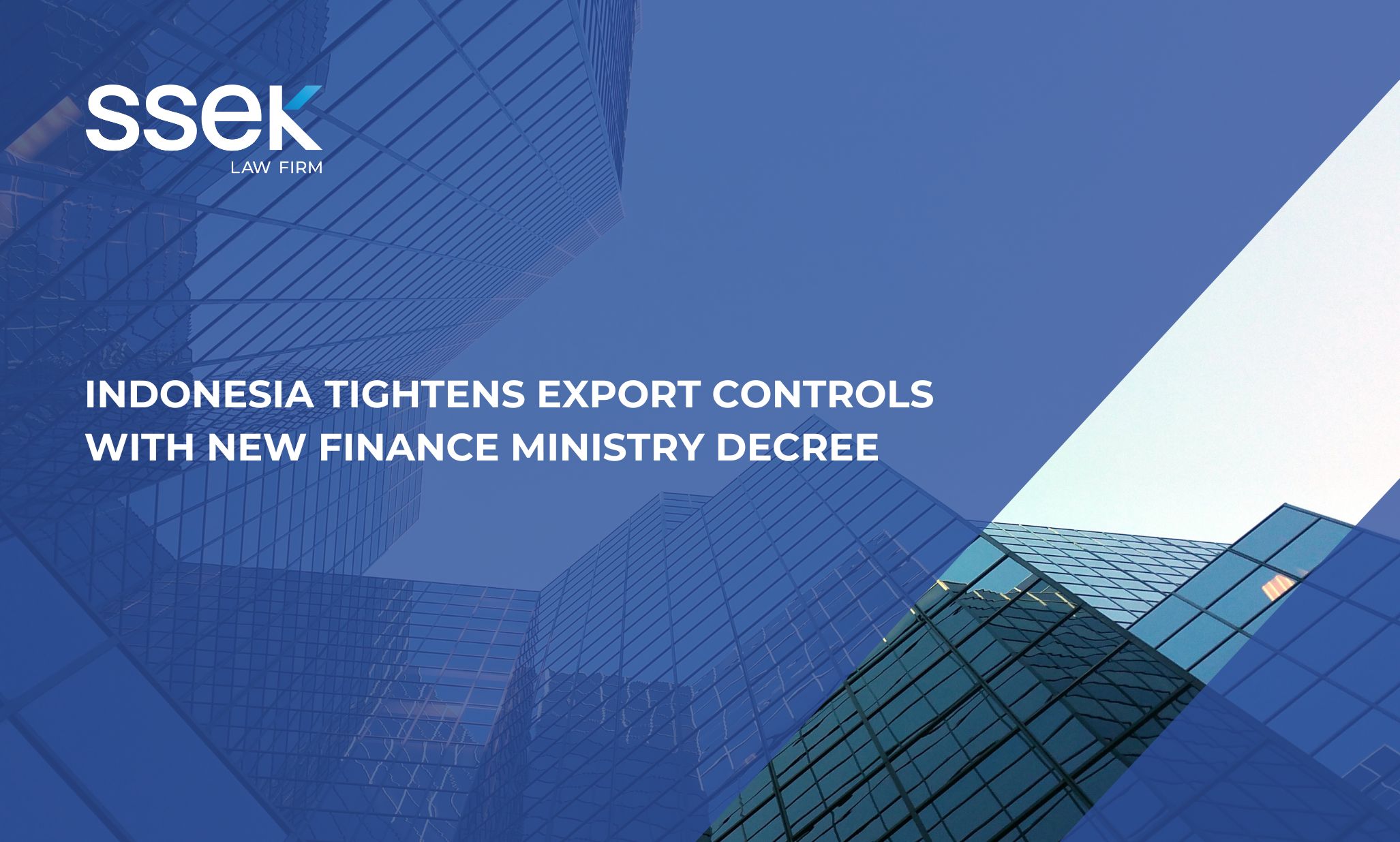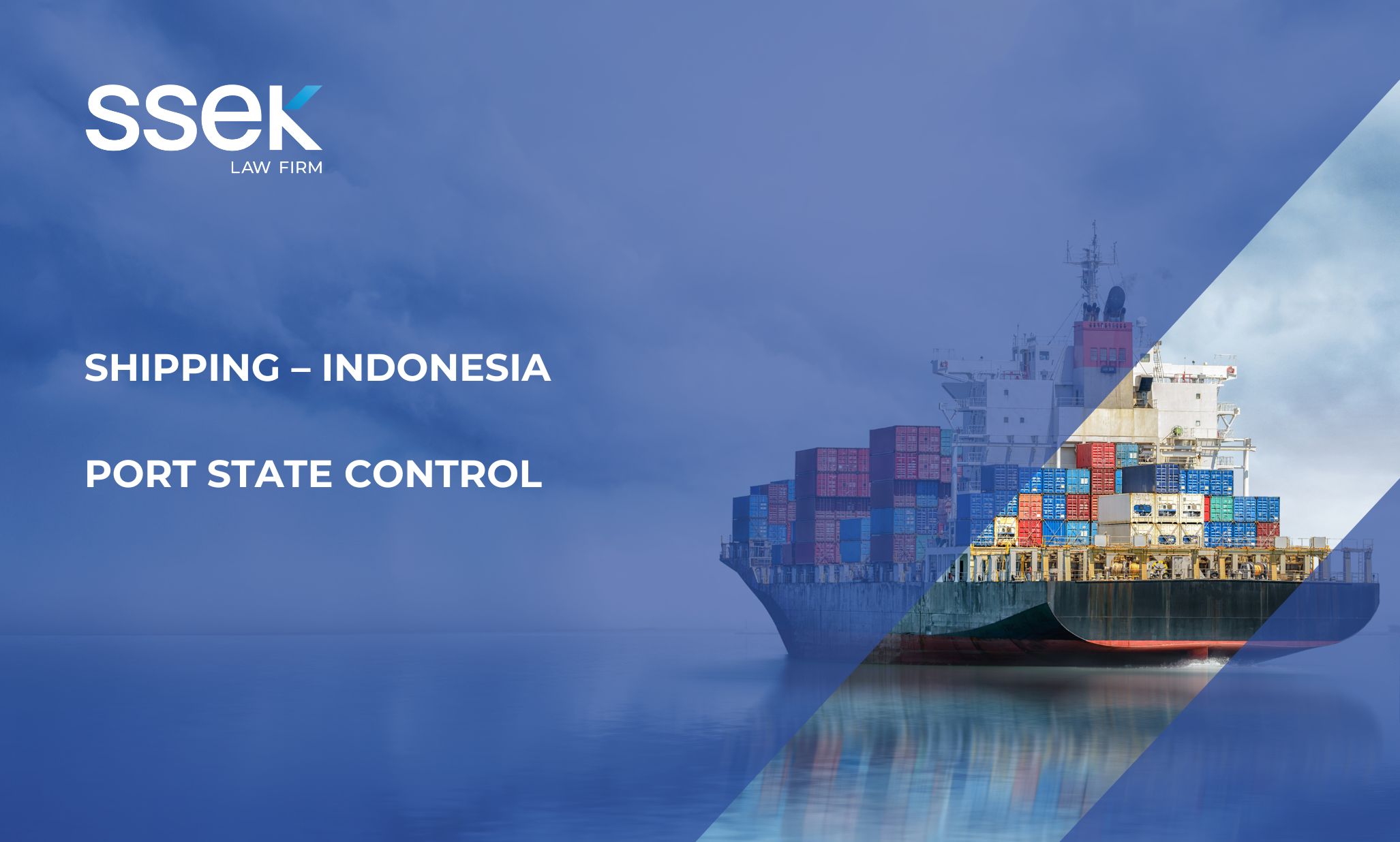


Under Article 218 of the Indonesian Shipping Law, a harbor master (syahbandar) has the authority to conduct seaworthiness and safety inspections of Indonesian-flagged ships, and of foreign-flagged ships at Indonesian ports. Harbor masters’ powers also include the authority to inspect vessels and seek information for the purpose of gathering evidence in relation to marine casualties.
Minister of Transportation (MOT) Regulation No. PM 119 of 2017 regarding Foreign Ship Safety and Safety Check Officers (MOT Reg 119/2017) defines “port state control” as state supervision of the seaworthiness and safety of foreign ships entering ports to ensure the fulfilment of requirements implemented by harbor masters.
In general, port state control officers appointed by the harbor master have the power to detain and delay the departure of a ship when the ship’s failure to meet the aforementioned requirements threatens the safety of the ship, human lives and/or the maritime environment. Indonesia’s port state control system has been implemented with reference to the Memorandum of Understanding on Port State Control in the Asia-Pacific Region (the Tokyo MOU), of which Indonesia is a signatory. The Tokyo MOU is specifically mentioned in MOT Reg 119/2017.
Port state control officers do not have any authority over marine casualties such as grounding, pollution or wreck removal. According to Government Regulation No. 31 of 2021 (GR 31/2021), ship-owners are responsible for managing grounding and wreck removal. However, if the ship-owner has not carried out wreck removal within 180 days of the collision, the removal must be carried out by the MOT, at the expense of the owner of the wreck. If the position of the wreck and/or its cargo is disrupting the operation of the port and/or polluting the maritime environment, the harbor master may order the ship-owner to immediately lift or get rid of the wreck and/or its cargo.
In addition, in line with Section 3.1 of the Tokyo MOU, the authority of port state control officers in connection with pollution matters is limited to inspecting a ship’s Master or crew and their readiness to prevent pollution.
Indonesia recently succeeded in fulfilling the whitelist criteria for the Tokyo MOU, which should help reinforce shipping safety and security in Indonesian waters.
Excerpted from the Shipping 2025 Chambers Global Practice Guide, published by Chambers and Partners.
Find Shipping: Indonesia here.
Further reading:
This publication is intended for informational purposes only and does not constitute legal advice. Any reliance on the material contained herein is at the user’s own risk. All SSEK publications are copyrighted and may not be reproduced without the express written consent of SSEK.




